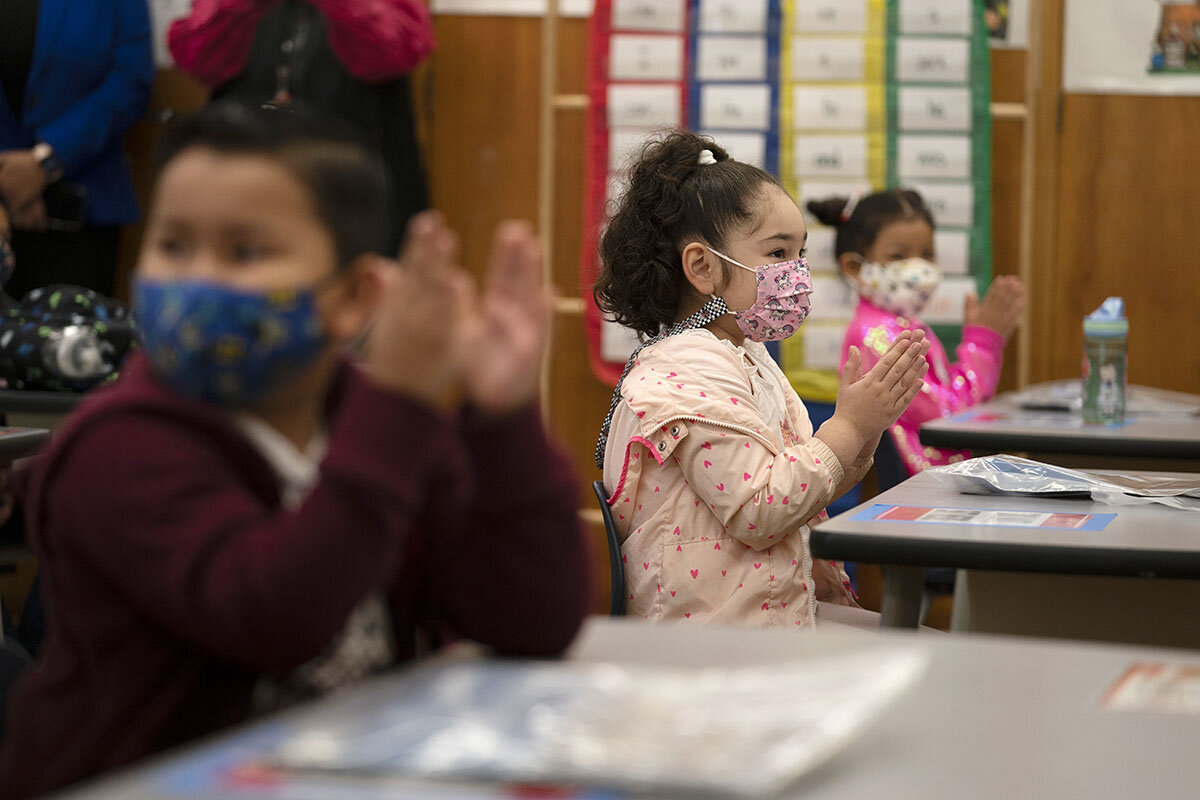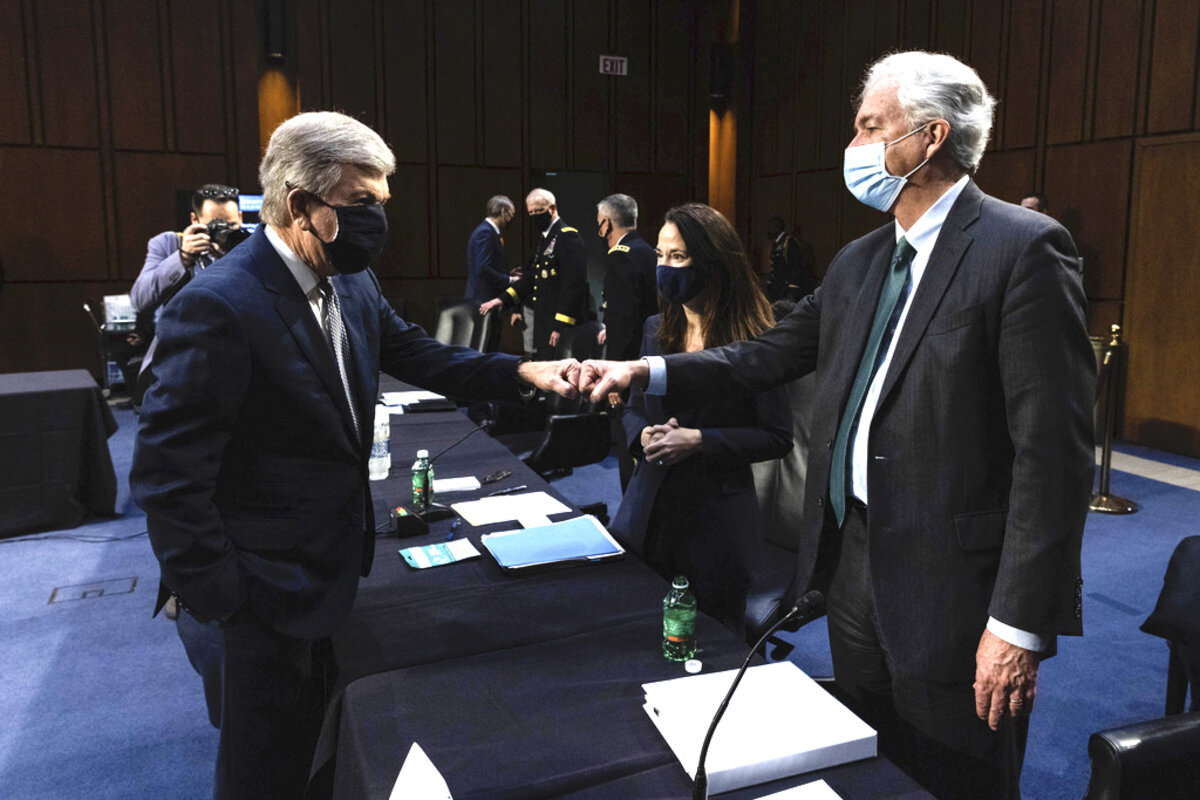Corporate stands on cultural issues, such as LGBTQ rights, have grown in recent years. But we wondered why CEOs now see the integrity of voting rights as a core value to be protected.
Monitor Daily Podcast
- Follow us:
- Apple Podcasts
- Spotify
- RSS Feed
- Download
 David Clark Scott
David Clark Scott
In 2006, when Buffalo Police Officer Cariol Horne saw a white officer using a chokehold on a handcuffed Black suspect, she intervened. But that act ended her 19-year career. She was fired a year shy of getting her full pension.
Ms. Horne’s actions stand in stark contrast to the passivity of three Minneapolis police officers, who watched as then-Officer Derek Chauvin knelt on the neck of George Floyd last May. At Mr. Chauvin’s ongoing trial, two bystanders testified they pleaded with the officers to help Mr. Floyd. All three officers face charges of aiding and abetting in the killing of Mr. Floyd.
In New York on Tuesday, after a 14-year legal battle, a judge annulled Ms. Horne’s dismissal and ruled she is entitled to her full pension, benefits, and back pay. In the 11-page ruling, New York Supreme Court Judge Dennis Ward wrote, “The time is always right to do right,” paraphrasing the Rev. Dr. Martin Luther King Jr.
The ruling is an overdue vindication for Ms. Horne. But the more enduring victory came last October when the mayor of Buffalo signed Cariol’s Law, requiring officers to step in when one of their own uses excessive force. Since Mr. Floyd's death, similar “duty to intervene” laws have been passed in Colorado, Connecticut, Massachusetts, Nevada, and New Jersey.
The Buffalo case suggests law enforcement norms are finally catching up to Ms. Horne’s moral standards, and that justice sometimes comes slowly. But with persistence, it comes.










